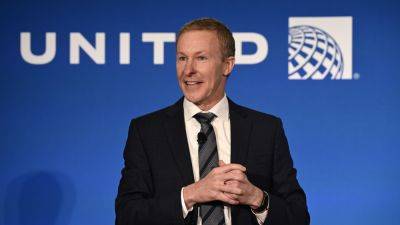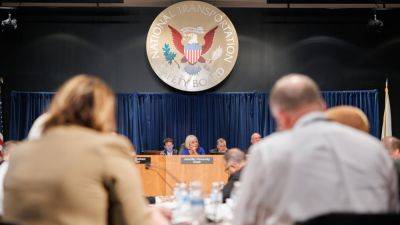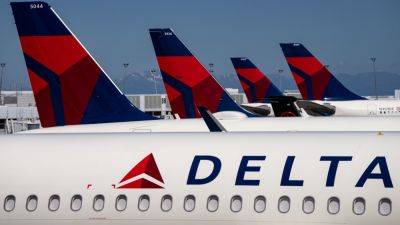At the year's biggest air show, Boeing and Airbus orders were muted. Supply chain worries were not
FARNBOROUGH, England — Massive airplane orders, hundreds deep in recent years, were absent from this year's biggest air show. The focus instead was on struggles at Boeing and Airbus to ramp up airplane production while battling a hangover from the pandemic that was marked by seesawing output.
Many of the issues, particularly training new workers, will take years to fix, analysts say, meaning lingering headaches for airlines, suppliers and the manufacturers themselves — and a shortage of new, more fuel-efficient planes.
"It's a fair sentiment on the part of the supply base and the airlines to say that we failed our commitments to them in terms of being timely, in terms of predictability," said Ihssane Mounir, Boeing's senior vice president of global supply chain and fabrication, during a panel at the Farnborough Airshow outside of London last week. "So obviously, people start doing their own planning and their own second-guessing."
A roadmap of the next few months of production is emerging this week. Airbus on Tuesday said its adjusted profit in the last quarter fell 56% from a year earlier, mainly because of charges in its space business. The European jetmaker had previously cut its aircraft delivery targets for the year as it isn't building planes as fast as it planned to.
Boeing reports results before the market opens on Wednesday. Wall Street analysts expect the company to post another loss for the second quarter and possibly the next.
At the show, which concluded Friday, Boeing racked up 96 orders and commitments, including previously made sales that were firmed up, while Airbus had 266, far shy of the 826 orders during the Paris Air Show a year ago, according to a tally from consulting firm Ishka. Paris and Farnborough







